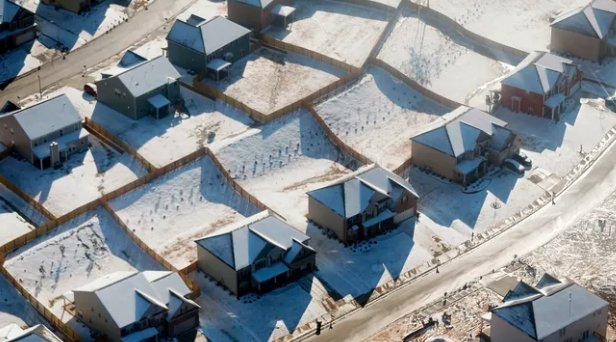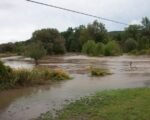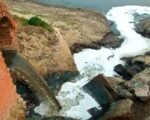Radon is a colorless, odorless, and tasteless gas that can cause lung cancer. It is produced by the natural decay of uranium in the soil and can seep into homes and buildings through cracks and openings. According to the Environmental Protection Agency (EPA), radon is the second leading cause of lung cancer in the United States, after smoking.
Colorado: A High-Risk State for Radon Exposure
Colorado is one of the states with the highest radon levels in the country. The Colorado Department of Public Health and Environment (CDPHE) estimates that nearly half of the homes in the state have radon levels above the EPA’s recommended action level of 4 picocuries per liter (pCi/L). All of Colorado’s 64 counties are rated at increased risk for elevated radon.
The high radon levels in Colorado are due to the geology and climate of the state. Colorado has a lot of uranium-rich rocks and soils that produce radon gas. The cold and dry weather also creates a pressure difference between the indoor and outdoor air, which draws radon into the buildings.
How to Test and Mitigate Radon in Your Home
The only way to know if your home has a radon problem is to test it. Radon testing is easy, cheap, and effective. You can buy a radon test kit for as low as $10 from hardware stores, online retailers, or local health departments. You can also hire a certified radon professional to conduct the test for you.

If your test results show that your radon level is above 4 pCi/L, you should take action to reduce it. The most common and reliable method of radon mitigation is to install a ventilation system that draws radon from under the foundation and vents it outside. This can lower the radon level by up to 99%. Radon mitigation systems should be installed by qualified contractors who follow the American National Standards Institute (ANSI) and American Association of Radon Scientists and Technologists (AARST) protocols.
New Regulations and Disclosures for Radon Professionals and Home Sellers
In June 2021, Colorado lawmakers passed House Bill 21-1195 (HB21-1195), which created a regulatory framework for individuals practicing as radon measurement professionals or radon mitigation professionals. This bill made Colorado one of the few states requiring radon professionals to be licensed by the Department of Regulatory Agencies (DORA) of Colorado. To obtain a license, radon professionals must:
- Take and pass a National Radon Proficiency Program (NRPP) or National Radon Safety Board (NRSB) accredited course;
- Take and pass an approved examination;
- Register with DORA; and
- Follow ANSI/AARST protocols when in the field.
In June 2023, Colorado lawmakers passed Senate Bill 23-206 (SB23-206), which required landlords and home sellers to give written disclosures on the risks of radon to future occupants. This bill does not require radon testing, but if the seller has knowledge of prior testing and/or mitigation being done at the property, they are required to release this information to the prospective buyer or tenant.
Why You Should Care About Radon
Radon is a serious health hazard that can affect anyone, regardless of where they live or work. Radon exposure can increase the risk of lung cancer, especially for smokers and people with existing lung conditions. Radon exposure can also cause other health problems, such as respiratory infections, asthma, and chronic obstructive pulmonary disease (COPD).
Radon is also a financial liability that can affect the value and marketability of your property. Radon testing and mitigation can cost hundreds or thousands of dollars, depending on the size and complexity of the project. Radon disclosure laws can also affect the negotiation and closing of a real estate transaction, as buyers may demand lower prices or request radon remediation before finalizing the deal.
Radon is a preventable and solvable problem that can be addressed with proper testing and mitigation. By taking action to protect yourself and your family from radon, you can save lives, money, and peace of mind.














